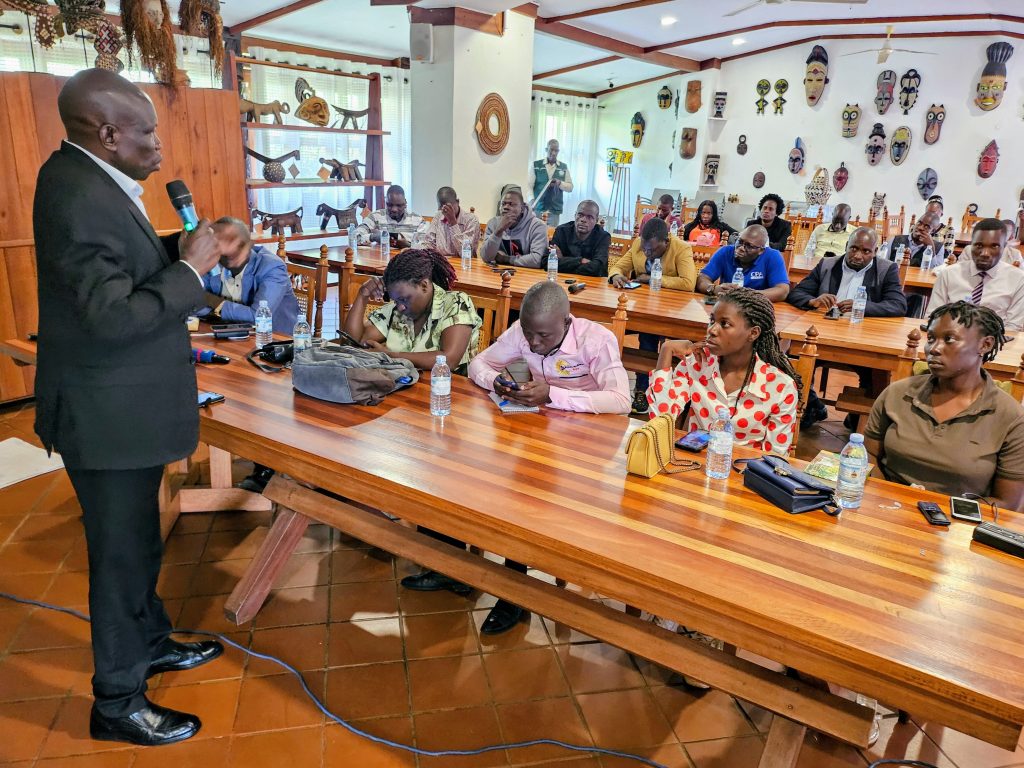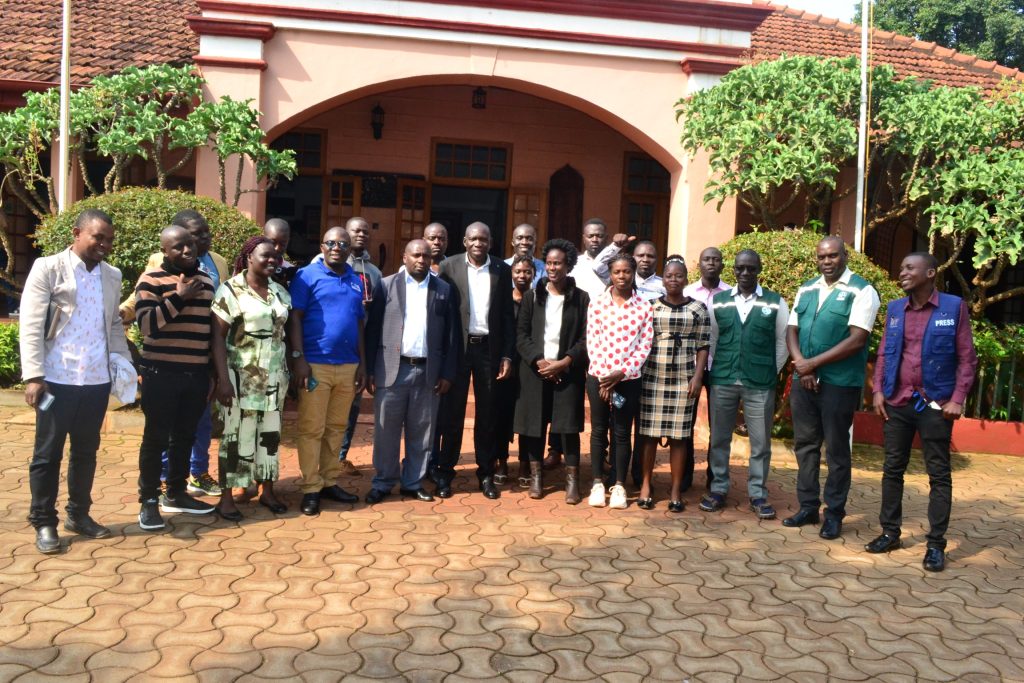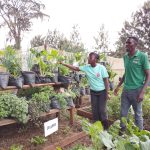
Agriculture research is one of the drivers of agriculture development. This is because research addresses many issues in the sector including pests and diseases control, nutrition, markets, food security among others.
However when miscommunicated, such a research could affect the uptake and adoption of such technologies. That is why the National Agricultural Research Organization (NARO), Dr. Sadik Kassim has called on journalists to defend agriculture research through accurate reporting.
He made the call on Thursday during a training of journalists in the Bunyoro sub region, at Masindi Hotel. It is the second training of the journalist in agriculture reporting, the first was for the Journalists based in the Lango sub region.
Kassim emphasized that the media wields immense influence over public perception and must not allow this power to be hijacked by anti-science narratives. He noted that negative science reporting spreads fear and disinformation about scientific advancements in agriculture.
“Science and technology is the next panacea for the human race,” he observed. “The world’s population is growing rapidly while land space remains static. This creates complex challenges that only science can solve. If we don’t secure food, we cannot secure peace. Populations without food are unsettled,” Kassim said.
He revealed that Uganda has already benefited from agricultural research, thanks to technologies that have enhanced crop resilience against drought, pests, and diseases while shortening maturity periods, improving yields and tailoring crops for industrial growth.
For example,NARO has developed beans that are rich in Iron and Zinc ,Bananas with vitamin A, Sweet potatoes with Vitamin A,Purple sweet potatoes with anti-cancer causing elements, cassava varieties resistant to cassava mosaic disease and cassava brown streak diseases among others.
For the industry, researchers are developing bananas that can be processed into juice,sorghum used in the production of beer products, cassava for industrial starch and ethanol for both medicine and cooking, groundnuts used in the production of therapeutic foods for malnourished babies among others.
Kassim added that without the application of science, he warned, the country would have lost much of its agricultural potential. He credited science with saving countless food systems and livelihoods, and called for stronger public understanding of its role.
He also challenged both scientists and media professionals to build mutual trust and credibility. “For researchers, he said, this means being transparent and open about their work, explaining their processes and findings in ways that makes it easy for the public to understand,” he added.
The training in Masindi is part of NARO’s wider initiative to equip journalists with knowledge about agricultural research and the pivotal role it plays in food security, economic development, and climate resilience.
Ends


